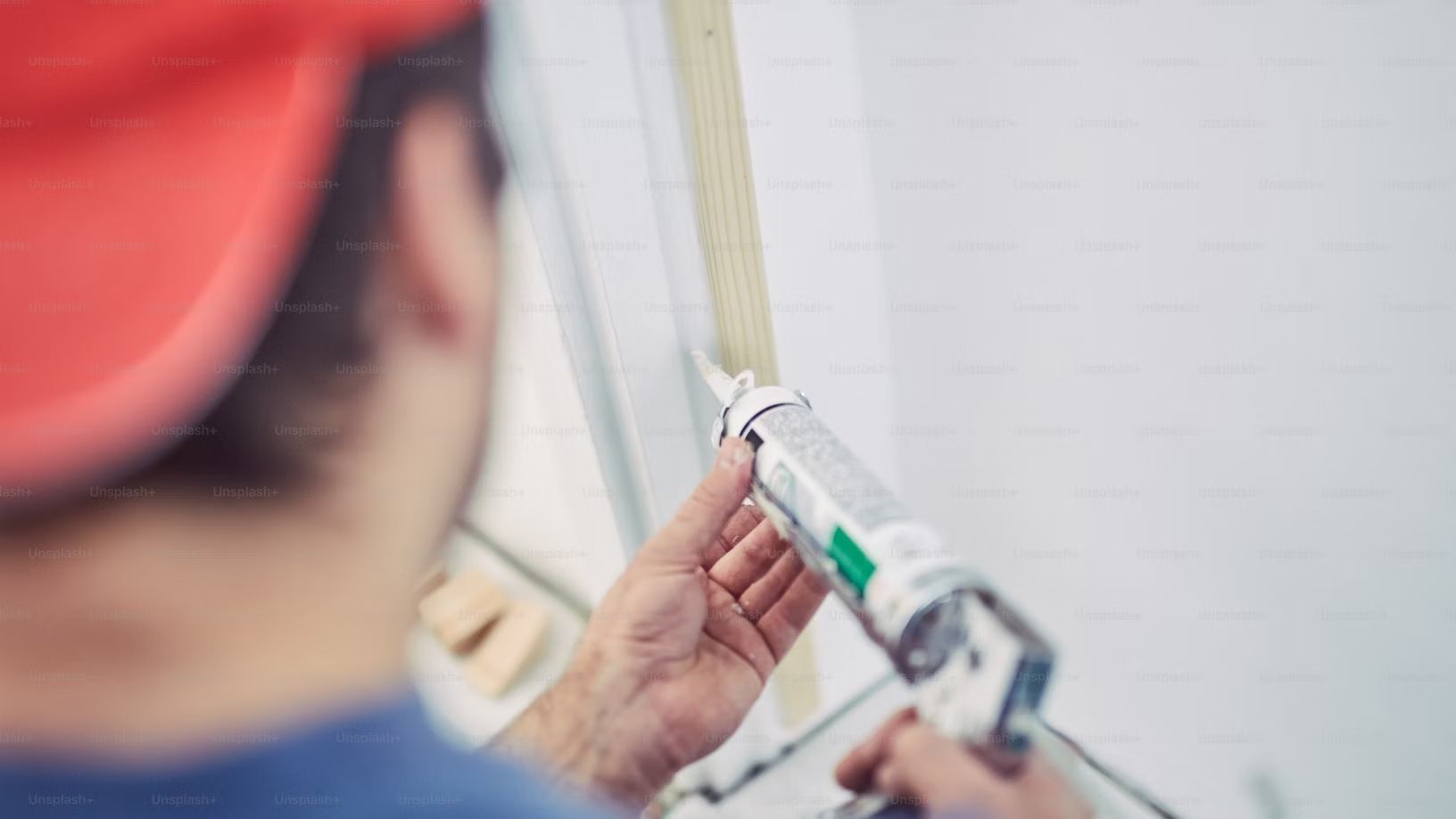Owning a rental property can be a lucrative investment, providing a steady stream of income and potential long-term appreciation. However, many landlords find themselves grappling with a common issue that can jeopardize the success of their investment: deferred maintenance. Ignoring or postponing necessary repairs and upkeep might seem like a cost-saving strategy in the short term, but in reality, it's a ticking time bomb that can lead to significant financial and operational headaches.
Deferred maintenance refers to the delay of necessary repairs or improvements on a property. This can range from minor issues like a leaky faucet to more critical problems such as a deteriorating roof or faulty electrical wiring. Regardless of the severity, neglecting these issues can snowball into major headaches for landlords, affecting both the property's value and the landlord-tenant relationship.
First and foremost, tackling deferred maintenance is crucial for preserving the value of your investment. A well-maintained property not only attracts higher-quality tenants but also ensures the property appreciates over time. Ignoring maintenance needs can result in a gradual decline in the property's condition, leading to a lower market value and decreased appeal to potential renters.
Moreover, addressing maintenance issues promptly can save landlords money in the long run. What may start as a minor repair can quickly escalate into a major problem if left unattended. A leaky roof, for example, can lead to water damage, mold growth, and compromised structural integrity. The cost of fixing these extensive issues is significantly higher than addressing the initial leak.
Beyond the financial implications, addressing deferred maintenance is crucial for maintaining a positive landlord-tenant relationship. Tenants are more likely to stay in a property where their concerns are promptly addressed, creating a sense of trust and satisfaction. On the contrary, a landlord who neglects maintenance concerns may find themselves dealing with frustrated tenants, leading to a higher turnover rate and increased vacancy periods.
Regular maintenance not only keeps the property in good condition but also ensures the safety and well-being of the tenants. Faulty electrical wiring, plumbing issues, or a malfunctioning HVAC system can pose serious risks to occupants. Landlords have a legal and ethical responsibility to provide a safe living environment, and addressing deferred maintenance is a fundamental aspect of fulfilling that obligation.
In addition to the direct benefits, proactive maintenance can contribute to a positive reputation for the landlord. Satisfied tenants are more likely to recommend the property to others, enhancing the landlord's credibility and attracting responsible tenants in the future. Word of mouth is a powerful marketing tool, and a well-maintained property is more likely to garner positive reviews and referrals.
In conclusion, taking care of deferred maintenance on a rental property is not just a matter of aesthetics; it's a strategic investment in the property's long-term success. Whether it's to preserve property value, save on future repair costs, maintain positive tenant relationships, or ensure the safety of occupants, addressing maintenance issues promptly is a fundamental responsibility for landlords. By prioritizing proactive maintenance, landlords can safeguard their investment, enhance their reputation, and create a sustainable and profitable rental property.


